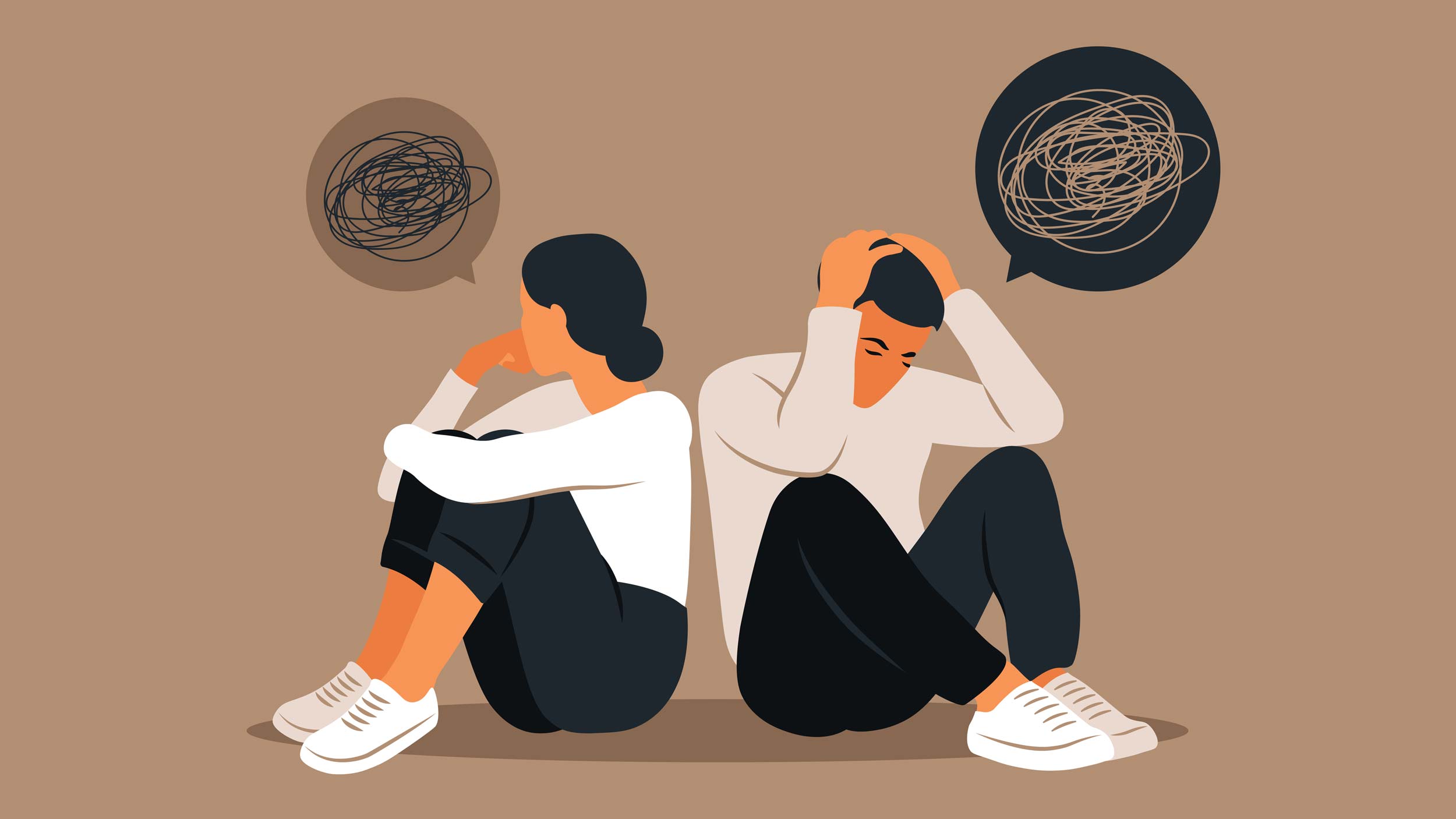The majority of us will experience trauma at some point in our lives. Whether that trauma stems from physical, sexual, or emotional abuse, it can have a significant effect on our lives….. Studies have shown that 98% of people experience trauma during their lifetime. Although trauma can be treated, even psychological wounds that have “healed” can heavily impact our everyday lives.
Whether treated or untreated, the psychological scars left behind from trauma can affect the types of relationships we seek out, the treatment that we tolerate from other people, as well as our own behavior as a partner. Here are five different ways that your trauma could be affecting the relationships in your life.
1. You Don’t Believe You Are Worthy of Love
You may relate to this if you are constantly questioning if your spouse, friend or family member truly loves you even with constant reassurance that they do. If you doubt their love, question their affection, or are constantly looking for signs that they really do care for you, it could be directly connected to trauma you have had in the past.
2. You Can’t Trust Anyone
If you are hesitant to trust anyone in your life and are constantly feeling insecure about your relationships, this one may resonate with you. Someone breaking your trust in the past can be very traumatic and end up heavily affecting your ability to trust in your relationships in the future.
3. You Are Lonely But Scared to Connect
Do you long for someone to connect with emotionally? At the same time, are you scared of getting too close? If you were very close with someone in the past who traumatized you in some way, it could be that you are reluctant to connect with anyone else. As humans we crave emotional connection and closeness. When you can’t get past the trauma that caused your reluctance, it is hard to have meaningful relationships.
4. You Create Problems That Aren’t Real
It might be a text that isn’t very clear, or a seemingly short comment from a friend that starts paranoia that they are upset with you. Trauma can cause you to react in self-preservation to any situation that you may perceive as a threat or danger to your emotional, physical, or spiritual well-being.
5. You Put Up a Wall of Protection
Self-preservation is a common tactic for someone who has experienced trauma. It is our brain’s innate way of protecting itself from a similar occurrence. Our brain will also construct a wall of protection to conceal our insecurities and vulnerabilities. This is an offensive approach to keeping yourself from experiencing pain that you have already felt in the past.
Sometimes you don’t realize that a memory or experience was traumatic for you until you learn about what the effects of it could be on your current situation. It can be helpful to sit down with a professional and talk through these events and process what has happened in your past. That way you can understand why the above statements relate to you and in turn why your relationships are struggling. When we don’t speak up, it can lead to manifesting false narratives, feelings of shame, guilt, and resentment.
This article is not meant to be a form of professional help or therapy. If the information above resonates with you, please reach out to one of our mental health experts here at Valley Oaks Health.







